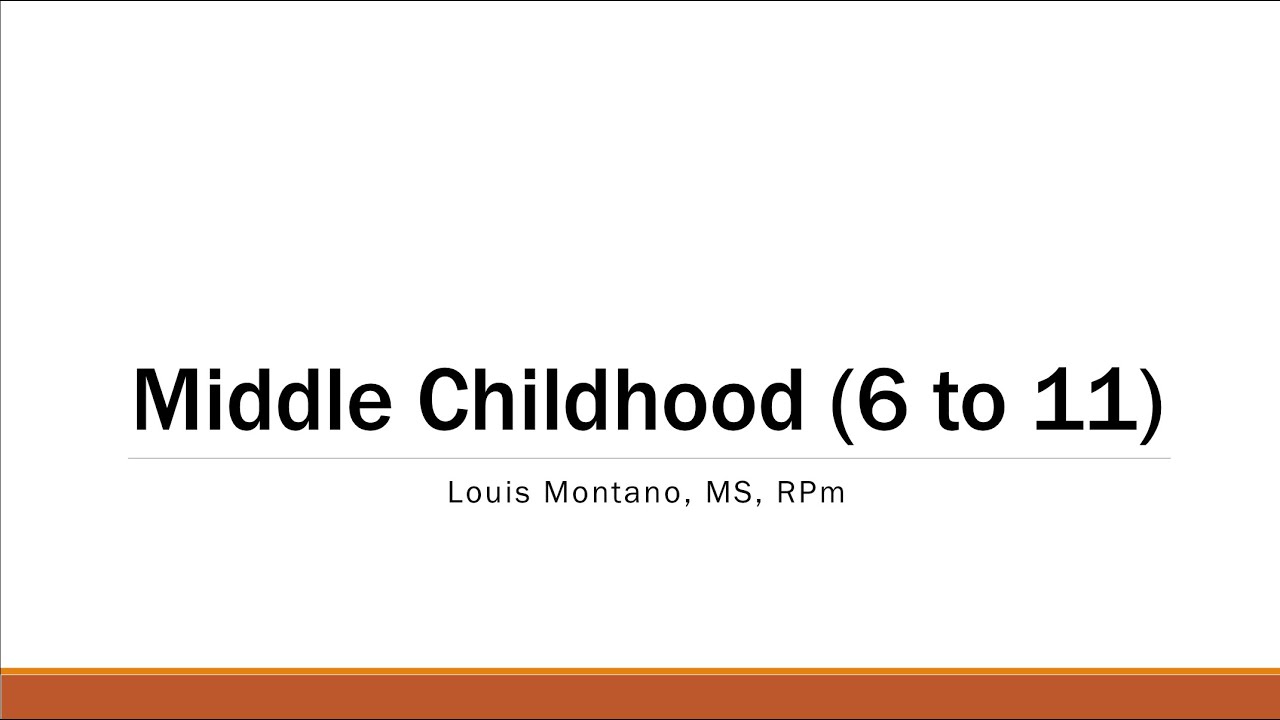InBrief: Executive Function: Skills for Life and Learning
Summary
TLDRThe video discusses the importance of executive function and self-regulation in children's development, emphasizing their role in lifelong success. Experts explain that these skills, akin to an air traffic control system, involve working memory, inhibitory control, and mental flexibility. They develop through early childhood and improve into adulthood, forming essential networks in the brain. Without these skills, individuals may struggle in various aspects of life, from maintaining relationships to participating in society. The video highlights the potential for training these functions, reinforcing the notion that practice can strengthen neural connections and enhance a child's adaptability and resilience.
Takeaways
- 🧠 Brains and minds are built through experiences rather than being innate.
- 🌱 Executive function and self-regulation are essential skills for lifelong performance.
- 🤝 These skills help children collaborate effectively and manage distractions.
- 📚 Learning academic subjects is important, but self-regulation plays a crucial role in overall success.
- 🛬 Executive function can be likened to an air traffic control system in the brain, managing multiple inputs.
- ⏳ Key components of executive function include working memory, inhibitory control, and mental flexibility.
- 🔄 The ability to take turns demonstrates the importance of inhibitory control and working memory.
- 🧒 Executive function begins to develop in infancy and continues to improve throughout childhood and adolescence.
- 🏋️♂️ Like physical fitness, executive function can be strengthened through practice and training.
- 🌍 Failure to develop these skills during childhood can lead to difficulties in adult life, including job performance and relationships.
Q & A
What is the main premise about how brains and minds are developed?
-Science suggests that brains and minds are built through experiences and interactions rather than being innate.
What are executive function and self-regulation, and why are they important?
-Executive function and self-regulation are essential skills that help individuals manage their thoughts, actions, and emotions, significantly impacting their lifetime performance and ability to work effectively with others.
How do executive function skills contribute to the workforce?
-These skills enhance productivity by enabling individuals to navigate distractions, manage multiple demands, and collaborate effectively with others.
What analogy is used to describe executive function?
-Executive function is likened to an air traffic control system in the brain, managing various information streams and helping individuals avoid distractions.
What are the key components of executive function as mentioned in the transcript?
-The key components include working memory, inhibitory control, and mental flexibility.
What happens when children struggle with self-regulation?
-Children who lack self-regulation may act out, leading to negative consequences like time-outs, which further disrupt their learning and can create a downward spiral.
At what stages do the roots of executive function begin to develop?
-The roots of executive function skills begin to develop in infancy and early childhood.
What brain region is primarily associated with executive function?
-The prefrontal cortex is crucial for executive function, but it works in conjunction with other brain areas.
How does executive function evolve over a person's life?
-Executive function improves significantly during the early years and continues to develop throughout adolescence, achieving adult-type networks in early adulthood.
Can executive functions be trained, and if so, how?
-Yes, executive functions can be trained through practice, similar to strengthening muscles in a gym, which enhances neural connections associated with these skills.
What are the consequences of not developing executive function skills during childhood and adolescence?
-Failing to develop these skills can lead to difficulties in adult life, such as challenges in maintaining jobs, relationships, and being part of a civil society.
Outlines

Этот раздел доступен только подписчикам платных тарифов. Пожалуйста, перейдите на платный тариф для доступа.
Перейти на платный тарифMindmap

Этот раздел доступен только подписчикам платных тарифов. Пожалуйста, перейдите на платный тариф для доступа.
Перейти на платный тарифKeywords

Этот раздел доступен только подписчикам платных тарифов. Пожалуйста, перейдите на платный тариф для доступа.
Перейти на платный тарифHighlights

Этот раздел доступен только подписчикам платных тарифов. Пожалуйста, перейдите на платный тариф для доступа.
Перейти на платный тарифTranscripts

Этот раздел доступен только подписчикам платных тарифов. Пожалуйста, перейдите на платный тариф для доступа.
Перейти на платный тариф5.0 / 5 (0 votes)






